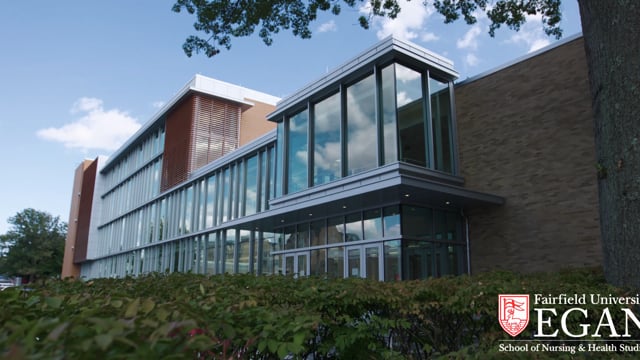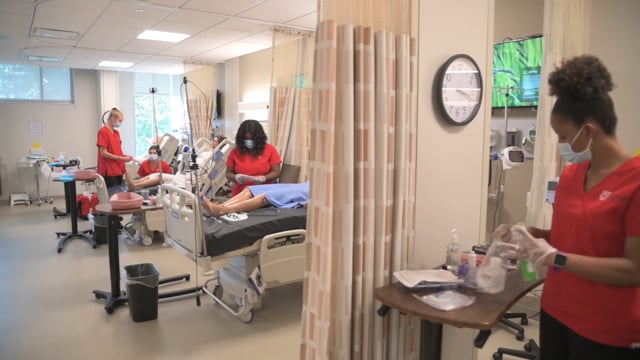DNP
Psychiatric Mental Health Nurse Practitioner
Format & Location
On-Campus (ÐÓ°ÉÔ°æ, CT)
School/College
Egan School of Nursing & Health Studies
Start Dates
Fall (September)
Application Deadline
July 1
Completion
36-48 months
Schedule
Full-Time or Part-Time
Attend a Virtual Information Session
Check for Upcoming Dates
ÐÓ°ÉÔ°æ University's Doctor of Nursing Practice (DNP) for Psychiatric Mental Health Nurse Practitioners (PMHNP) is a clinically focused doctoral degree and the only advanced practice specialty that prepares nurses to assess, diagnose, and treat acute and chronic psychiatric disorders in children, adolescents, adults, and the elderly.
Find Out More
Course Requirements
78 credits
Contact Us
Graduate Admission
gradadmis@fairfield.edu
(203) 254-4184
Career Outlook
The nationally-ranked programs offered by the Egan School allow graduates to pursue jobs in a range of locations with various employers.
Employers
Recent Placements
- Bridgeport Hospital
- Henry Ford Health System
- Stamford Health
- State of Connecticut Department of Mental Health and Addiction Services
- Stone Academy
The education that you will receive as a ÐÓ°ÉÔ°æ student will more than prepare you for whatever field you desire to get into, and I personally believe that you will be a cut above the rest due to the many resources and competence of your teachers.
Ashley Neal ’22
Request Program Info
Want details on courses, schedules, and financial aid? We're here to help.
Loading...








